
Food waste bins are set to return to households across the Lancaster and Morecambe District as part of a nationwide drive to boost recycling.
Residents will be given two free bag-lined food waste caddies - one seven litre box to be used in the kitchen and one 23 litre caddy to be left at the roadside for collection.
This means householders will have to keep food waste separate from other waste.
The exact date and how this will be rolled out in the Lancaster district is currently under discussion, but it must take place before March 31 2026.
The government has told all councils, including Lancaster City Council, to introduce the weekly scheme.
The city council has budgeted £1.456m for 2025/26, fully funded by a government grant, towards a food waste strategy.
The result will be a reduction in the amount of waste that is sent to landfill and in carbon emissions, said the council.
“By weight, food makes up almost a quarter of an average household's grey bin, so providing the facility for it to be recycled will make a big difference," said Councillor Paul Hart, cabinet member with responsibility for environmental services.

"It is also a step in the right direction as part of the council's continuing efforts to tackle the climate emergency.
“As you would expect, there is a lot to consider in terms of how the new collections are introduced, and we’ll be in touch with residents with more information once our plans are more advanced.”
A similar scheme to recycle food waste separately was scrapped in 2016.
At the time, it was said the scheme was axed because mixing food waste in with garden waste meant it has to be sent to special indoor composting facilities, where the composting took place at a controlled temperature.
This was necessary to kill any bacteria in the food waste and control the potential spread of disease like foot and mouth.
County Councillor Clare Pritchard, Lancashire County Council lead member for waste at the time, said in 2016: "The very severe financial situation facing the county council means we need to take advantage of more cost-effective ways to process some types of waste.
"Our current processing facilities were designed to prevent organic waste being landfilled, as landfill taxes at the time meant it would cost vastly more to continue landfilling organic waste - however, the government abolished the penalty for landfilling organics in 2013.
"At the same time, people are throwing far less food away, meaning the proportion of organics in our waste has greatly declined, leaving us with a process which is costly to process a relatively small proportion of organic waste.
"We will continue to compost green waste, but to allow us to do this it's vital that people no longer put their food waste in the same bin."
Lancaster City Council's new food waste strategy was discussed at the council's budget meeting on Wednesday night at Morecambe Town Hall.
Councillor Hart said it was a "live plan that is subject to change".
He said that grey bins will stay for non-recyclable waste.
Councillor Andrew Gardiner, leader of the Conservatives, questioned the plan, saying: "It's more plastic and we're meant to be a green council, and that's bad for the environment. It doesn't stack up."
Look out for more information about food waste recycling on Lancaster City Council’s social media channels, website and through your door later in the year.
As is the case with the other recycling and waste collected from households by Lancaster City Council, its disposal is the responsibility of Lancashire County Council.



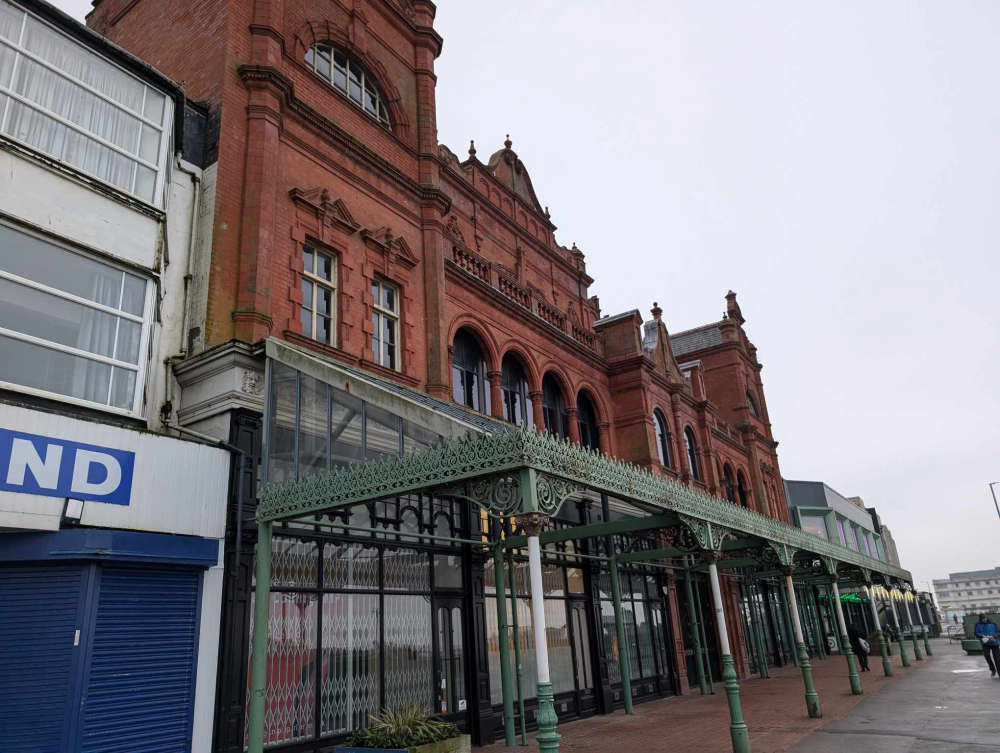 Morecambe Winter Gardens to open to public for new season
Morecambe Winter Gardens to open to public for new season
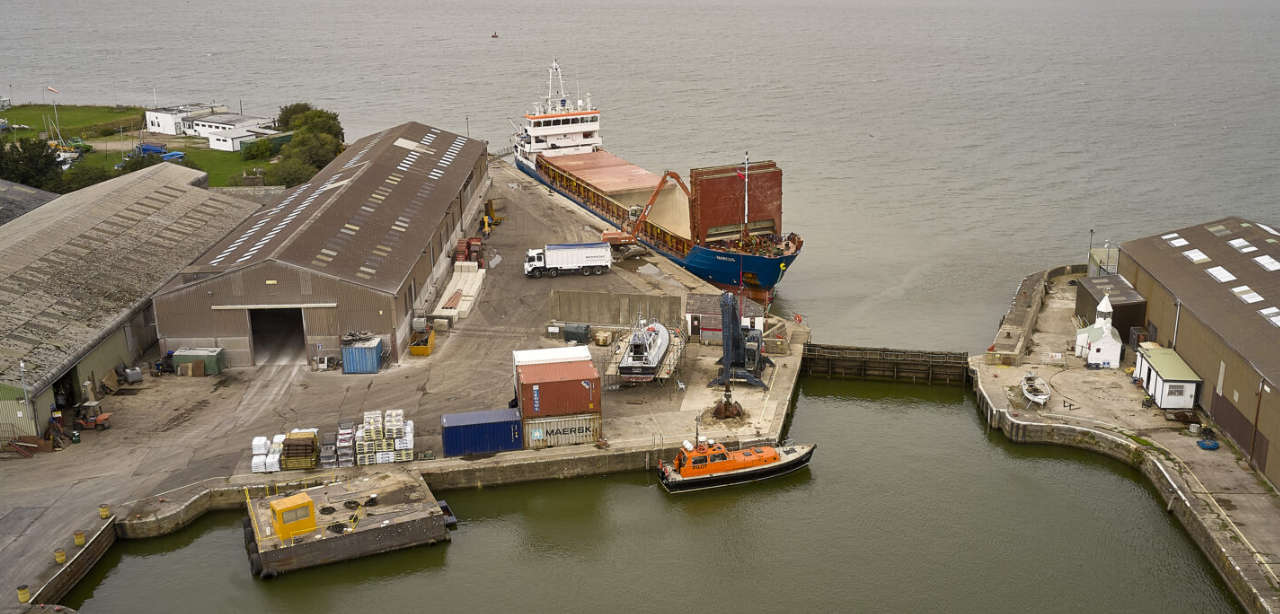 Cash for repairs to Lancaster Port gate announced in £6.5m flood defence package
Cash for repairs to Lancaster Port gate announced in £6.5m flood defence package
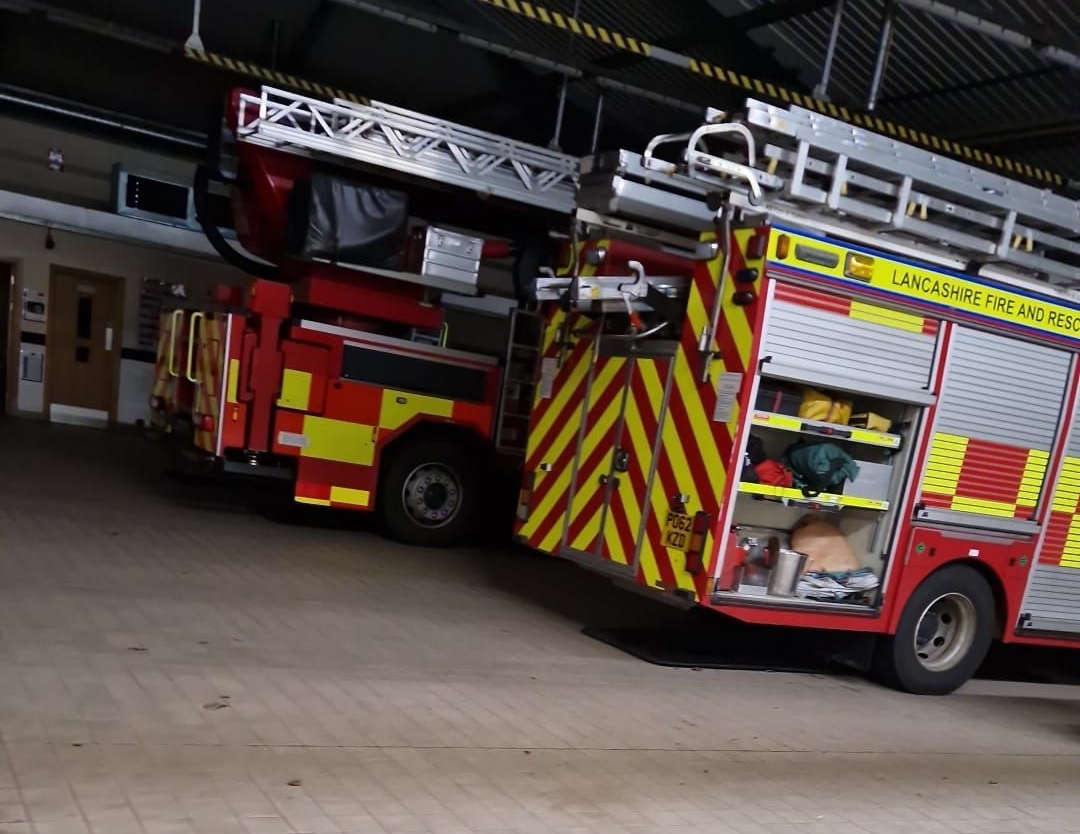 Carnforth fire crews issues safety advice after tackling blazes in the open
Carnforth fire crews issues safety advice after tackling blazes in the open
 EXCLUSIVE: Battle of Britain Dakota display announced for Armed Forces Day in Morecambe
EXCLUSIVE: Battle of Britain Dakota display announced for Armed Forces Day in Morecambe
 Heysham school to open new nursery after government cash boost
Heysham school to open new nursery after government cash boost
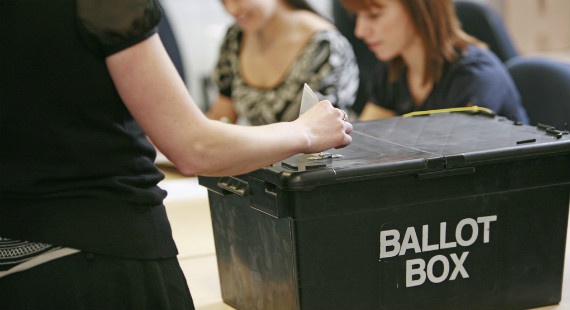 Local election candidates announced
Local election candidates announced
 Holiday park empire donates £100K to Lancaster hospice
Holiday park empire donates £100K to Lancaster hospice
 Lancaster and Morecambe events will 'Spring into Action' over food
Lancaster and Morecambe events will 'Spring into Action' over food
 Lancaster City Council shortlisted for four local government awards
Lancaster City Council shortlisted for four local government awards
 Man pleads guilty to Heysham murder
Man pleads guilty to Heysham murder
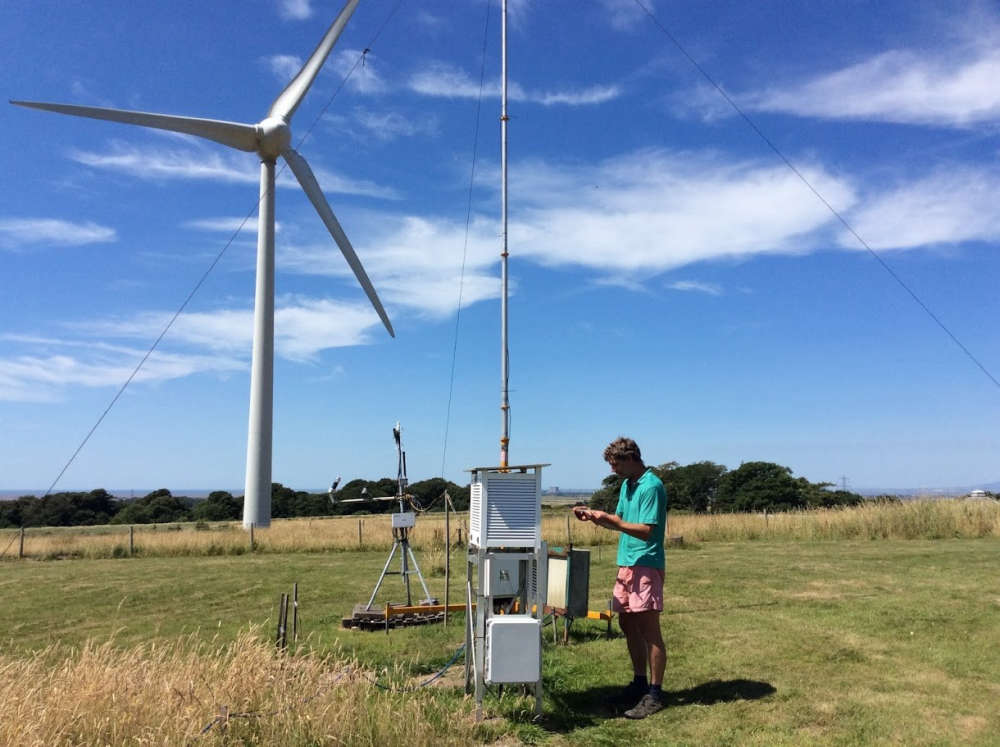 Driest March in Lancaster since records began
Driest March in Lancaster since records began
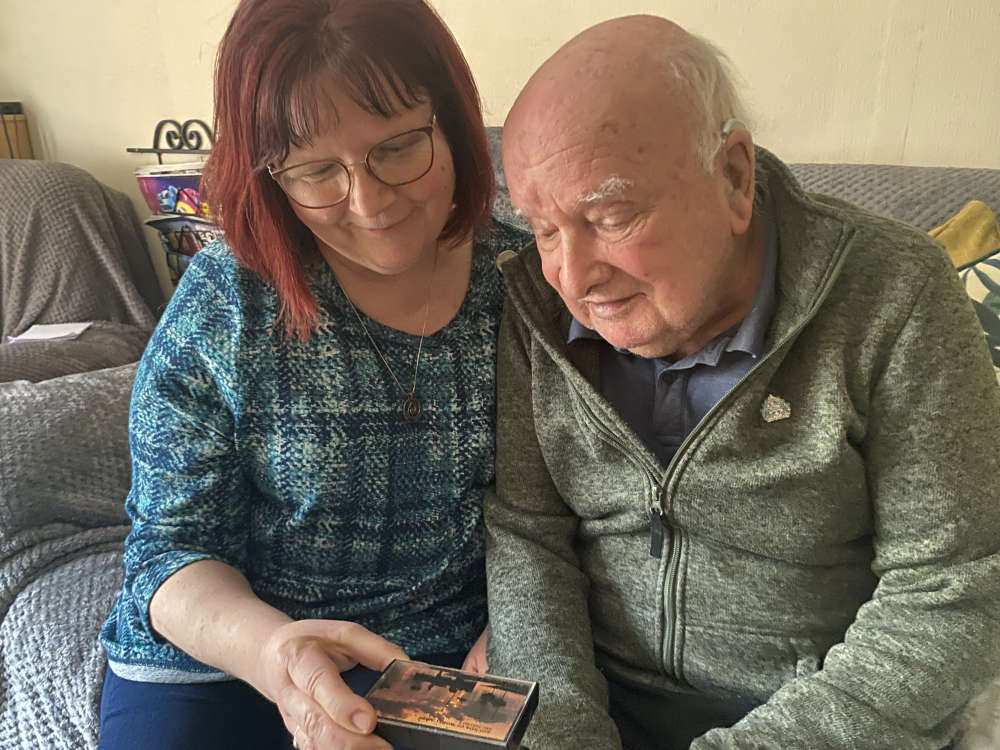 Pioneering Morecambe 'podcast' from 1980s unearthed after 44 years
Pioneering Morecambe 'podcast' from 1980s unearthed after 44 years
 Lorry driver from Morecambe arrested after positive roadside drug test
Lorry driver from Morecambe arrested after positive roadside drug test
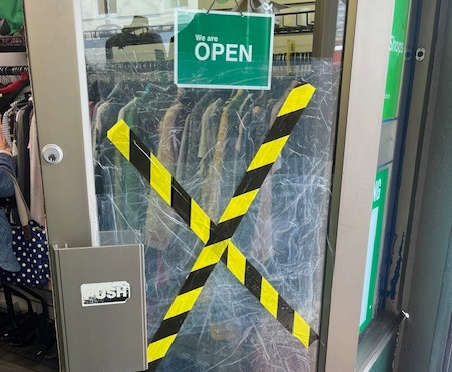 Hundreds raised after vandalism to Lancaster hospice shop
Hundreds raised after vandalism to Lancaster hospice shop
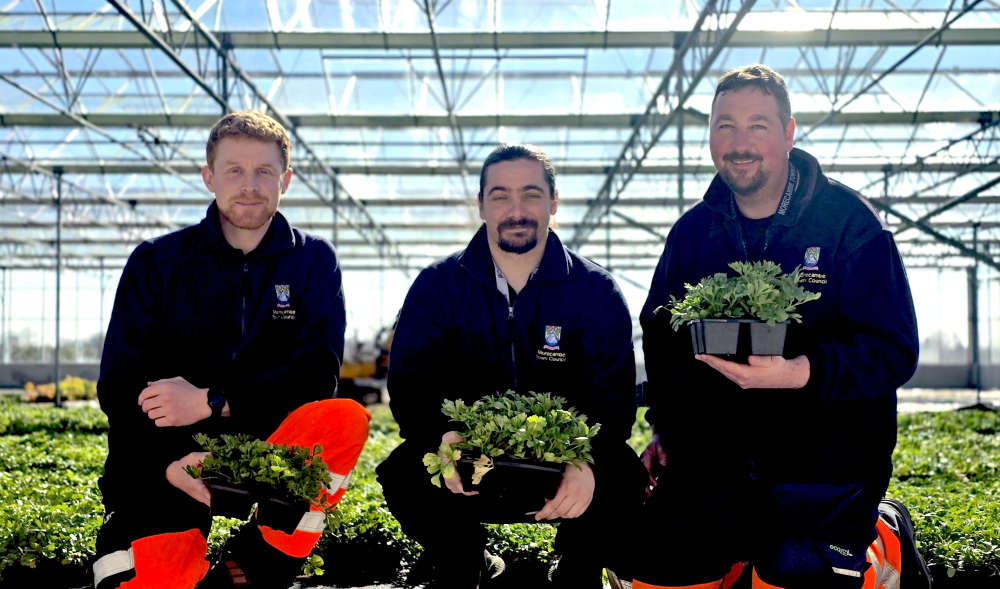 Plans under way to bring spring flowerbed planting back to Morecambe
Plans under way to bring spring flowerbed planting back to Morecambe
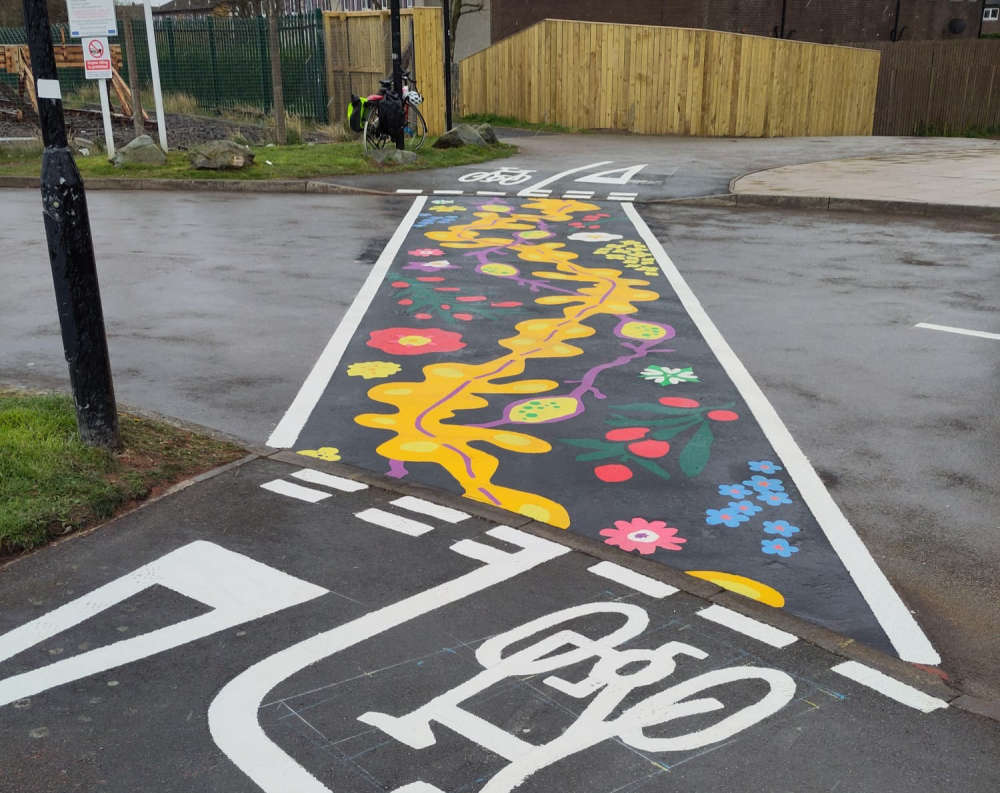 New cycle and pedestrian friendly crossing completed in Morecambe
New cycle and pedestrian friendly crossing completed in Morecambe
 INTERVIEWS: Morecambe Bay visitor guide launched with high hopes for tourist season
INTERVIEWS: Morecambe Bay visitor guide launched with high hopes for tourist season
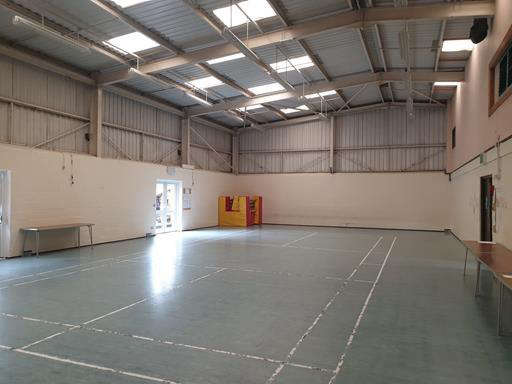 Council looking at ways to fund £1m refurb of village hall in Carnforth
Council looking at ways to fund £1m refurb of village hall in Carnforth
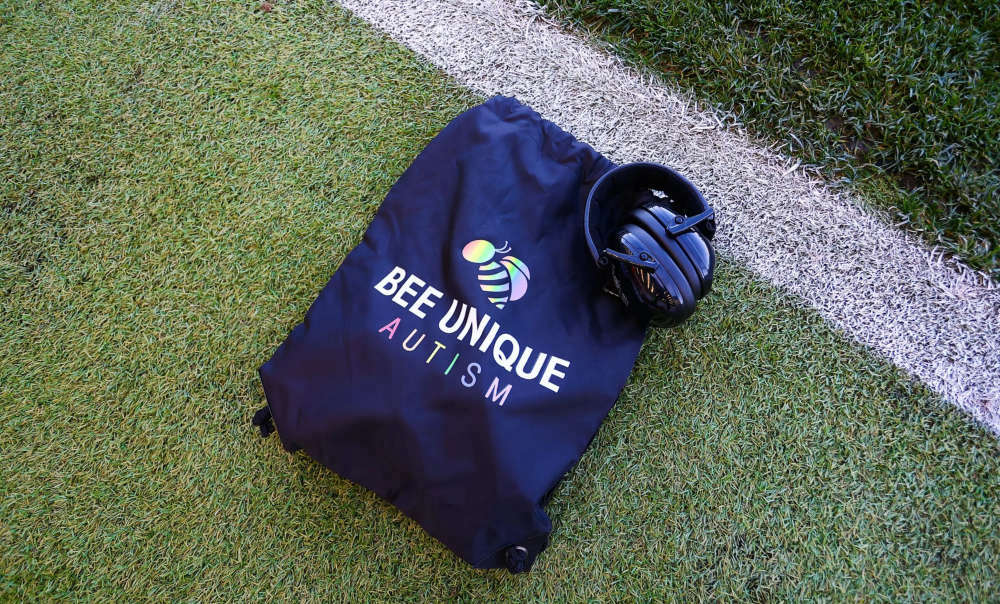 Pan-disability game at Morecambe FC will raise awareness of autism
Pan-disability game at Morecambe FC will raise awareness of autism
 Morecambe lifeboat crew respond to reports of ‘flashing lights and red flares’
Morecambe lifeboat crew respond to reports of ‘flashing lights and red flares’




